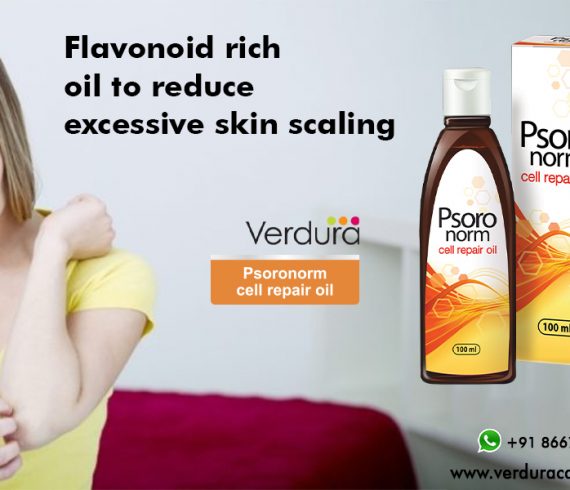

The skin functions as a barrier, protecting underlying tissues from desiccation, infection, mechanical stress and chemical irritation. Impaired function leads to increasing trans-epidermal water loss associated with various kinds of dermatitis. Water from deeper epidermal layers moves upward to hydrate stratum corneum cells and is then lost to evaporation. Epidermal water content is essential to prevent skin dryness and maintain plasticity.

Stratum corneum is an active membrane, described as a bricks and mortar model, where loss of intercellular lipids, forming the bilayers (eg, ceramides, cholesterol and fatty acids) will result in water barrier formation damage leading to dry skin. The structure of the stratum corneum is the pivotal factor in skin water flux, retention and overall moisturizing level.

Daily moisturising is important for radiant skin, though it’s not just about looking good. The skin is your body’s largest organ, and it constantly sheds cells. Moisture in your skin helps it repair itself constantly. This comes in handy down the line if your skin is damaged by something more serious, like the sun, or an infection. A good amount of moisture in your skin also helps reduce the likeliness of skin problems.

The basic function of moisturizers is to help treat your skin when it’s dry and prevent it from drying out again. Moisturizers do this by holding water in the stratum corneum, the outermost layer of the skin. Skin moisturizer ingredients can be divided into three categories: humectants, emollients and preservatives. Humectants, such as urea, glycerin and alpha hydroxy acids, help absorb moisture from the air and hold it in the skin. Emollients, such as lanolin, mineral oil and petrolatum, help fill in spaces between skin cells, lubricating and smoothing the skin. Preservatives help prevent bacteria growth in moisturizers.


Moisturizers improve skin barrier repair, maintain skin’s integrity and appearance by acting as humectants, emollients, and occlusives, each with its own mechanism of action. Moisturizers improves skin hydration and increases stratum corneum water content by directly providing water to the skin from their water phase and increasing occlusion to reduce trans-epidermal water loss, it also covers small skin fissures, provides a soothing protective film and protects skin from friction.


Furthermore, moisturizer application smooths skin surface by filling spaces between partially desquamated skin flakes and restores the ability of the intercellular lipid bilayers to absorb, retain and redistribute water. Skin mechanics change thereafter as increased hydration facilitate degradation of corneodesmosomes, preventing corneocytes accumulation, while promoting its continuity.


If you want to maintain a clear complexion and keep your skin moisturized, use an oil-free, non-comedogenic moisturizer. Noncomedogenic moisturizers won’t clog your pores and are less likely to cause acne breakouts than regular moisturizers. Moisturizers consist of bath oils and soap substitutes should be applied as often as required to alleviate itching, scaling and dryness. As a whole, moisturizers has got pivotal role on skin health.






- Protection – Skin can only perform its task as the body’s protective barrier if it has sufficient moisture.
- Prevents Drying Out – Skin lipids regulate moisture balance and minimize water loss. This stops skin from becoming tight and dry.
- Prevents Bacteria Growth – Moisture in skin helps maintain balance, preventing the penetration of fungi and bacteria.
- Regeneration – Without moisture in the skin, the message to build new skin cells cannot be properly transmitted.
- Elasticity – Without water in the skin, every small movement or vibration would make the skin tear.



